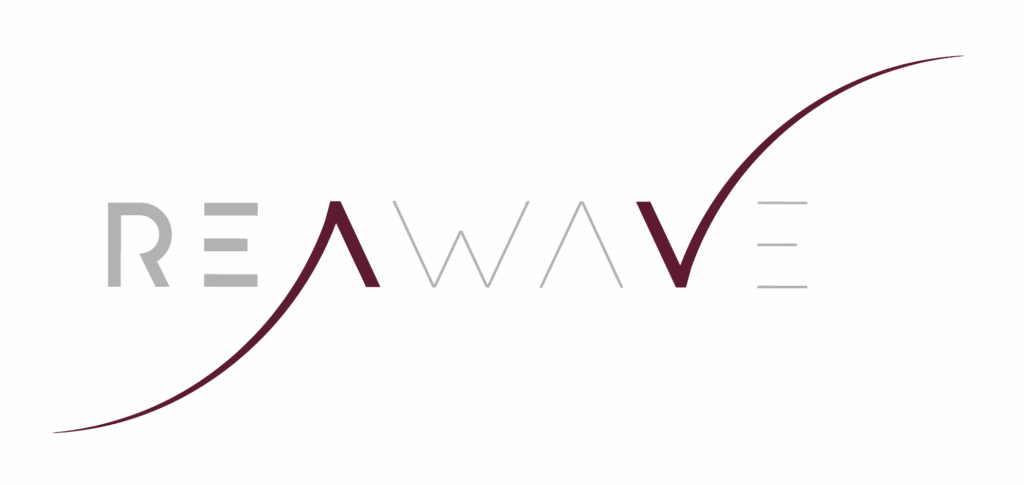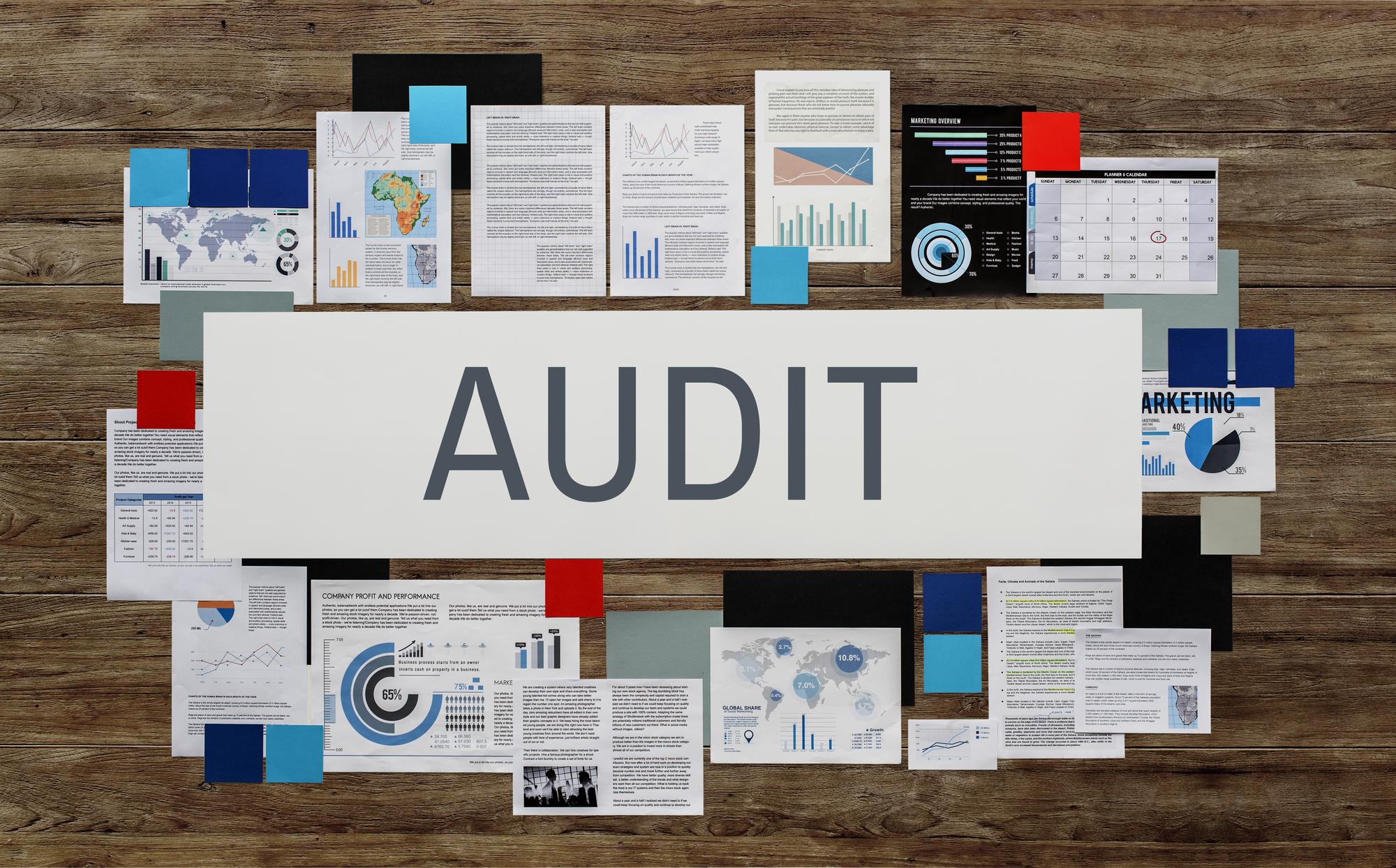Understanding statutory audit requirements in France is essential for foreign companies looking to operate compliantly within the French market. Whether you’re setting up a SARL (Société à Responsabilité Limitée) or another business entity, knowing when an audit in France becomes mandatory can help you avoid legal pitfalls and ensure transparency with stakeholders.
This guide will walk you through who needs to conduct an audit in France, the applicable thresholds and what a French audit typically involves.
Whether you’re new to the French market or expanding an existing operation, understanding your French audit obligations is a critical part of statutory compliance.
What is an Audit?
An audit in France is an independent examination of a company’s financial statements, conducted to ensure their accuracy, compliance with the French GAAP (you can read more about it here), and alignment with legal and regulatory obligations, and to provide reasonable assurance that the company’s financial reports are free from material misstatement, whether due to fraud or error.
A statutory audit is not merely a financial review. Instead, it is a legal requirement for certain companies in France, especially when specific size or financial thresholds are met.
Who is an Auditor?
An auditor in France, referred to as a commissaire aux comptes, is a certified and independent professional responsible for conducting statutory audits. These individuals or audit firms are registered with the Haut Conseil du Commissariat aux Comptes (H3C), the French audit oversight authority, and must follow strict ethical and professional standards.
Under French audit law, the auditor’s role is to verify the accuracy of financial statements, assess internal controls, and report on the company’s financial integrity to shareholders and regulatory bodies.
For companies subject to statutory audit requirements in France, the auditor must be appointed either by law or voluntarily by the shareholders to ensure full compliance.
How Is an Auditor Appointed in France?
The auditor may be named directly in the company’s founding documents (statutes) or appointed later by resolution during a general shareholders’ meeting.
In cases where no auditor is appointed, due to internal disputes or resignation, a judge may intervene to designate one by court order. This ensures compliance with statutory audit requirements in France and avoids disruption in financial oversight.
It is important to note that French law requires companies to appoint both a principal (titular) auditor and an alternate auditor, who would step in should the primary auditor be unable to fulfill their duties.
The company’s partners or shareholders are free to select their auditor from the official registry of qualified professionals maintained by the Haut Conseil du Commissariat aux Comptes (H3C).
When Is a Statutory Auditor Mandatory in France?
Under French audit requirements, all companies, regardless of their legal form, are legally required to appoint a statutory auditor (commissaire aux comptes) if they exceed two out of the following three thresholds at the close of their financial year:
- A balance sheet total exceeding €5 million
- Annual turnover (excluding VAT) greater than €10 million
- A workforce of more than 50 employees
For companies that are directly or indirectly controlled by an entity already subject to audit obligations, lower thresholds apply:
- Balance sheet total above €2.5 million
- Turnover excluding VAT above €5 million
- More than 25 employees
In addition to commercial entities, certain non-profit associations in France are also required to appoint an auditor. Specifically, this applies if the organization receives more than €153,000 annually in combined donations and public subsidies.
Moreover, the following associations must designate an auditor regardless of funding levels. These include:
- Associations recognized as being of public utility
- Associations that issue bonds
- Associations involved in granting loans for business creation, development, or social integration projects
Complying with these statutory audit requirements in France is essential for ensuring transparency, legal compliance, and stakeholder trust.
Why Your Business Might Be Audited in France?
A tax audit in France can be triggered by several factors, including:
- Random selection by tax authorities
- Late, missing, or inconsistent tax filings
- Discrepancies between declared income and bank transactions
- Mismatches with data from suppliers or clients
- Links to businesses flagged for suspicious activity
- Cross-verifications during audits of other companies
- Tips from whistleblowers (internal or external)
How You’ll Be Notified of an Audit?
- Notification arrives via registered mail at the company’s legal address
- The letter outlines the audit period and first meeting (intervention)
- You usually get 15 days to prepare
- In suspected fraud cases, authorities can inspect premises without notice.
What to Expect During a French Audit?
During a statutory audit in France, companies are expected to provide a dedicated room for the auditor to work with all the necessary documents readily available. It is common for a certified accountant or finance professional to interact regularly with the auditor throughout the audit process.
After each session, referred to as an intervention, the accountant typically follows up by providing any additional explanations or clarifications that were requested, either immediately or in preparation for the next visit.
The auditor will usually issue a detailed list outlining the documents or information needed for review, including any materials they would like to have copied.
Documents commonly requested:
- Financial statements and general ledger
- VAT declarations and backup files
- Contracts, invoices, and customs documentation
- Bank statements and board meeting minutes
How Long Does an Audit in France Take?
The process can span weeks or months, involving multiple visits. The initial meeting focuses on understanding your business structure. Then the auditors will review key financial and legal records.
Scope and Timing of the Statutory Audit
- The audit covers each financial year during the auditor’s mandate.
- Unlike a tax audit, it does not retroactively extend over several past years.
- The conclusions are presented at the annual general meeting.
Possible Outcomes of the Audit
At the end of their mission, the statutory auditor may issue:
An unqualified opinion (accounts are fair and reliable);
A qualified opinion (specific issues identified);
An adverse opinion or a disclaimer of opinion (serious irregularities found).
Failure to appoint a statutory auditor when required by law may result in sanctions, including fines, legal action, or liability for company directors.
Navigating the audit requirements in France can be complex, especially for foreign companies unfamiliar with local regulations. Understanding when an audit is mandatory, what to expect during the process, and how to work effectively with auditors is key to ensuring compliance and avoiding penalties.
To prepare your business confidently for an audit and streamline the process, partner with experienced professionals who understand the nuances of the French regulatory environment.
Contact us today for expert guidance and support tailored to your company’s needs. Let us help you stay audit-ready and compliant every step of the way.
If you are still unsure, discover why you should hire a local audit firm in France as an international business.


